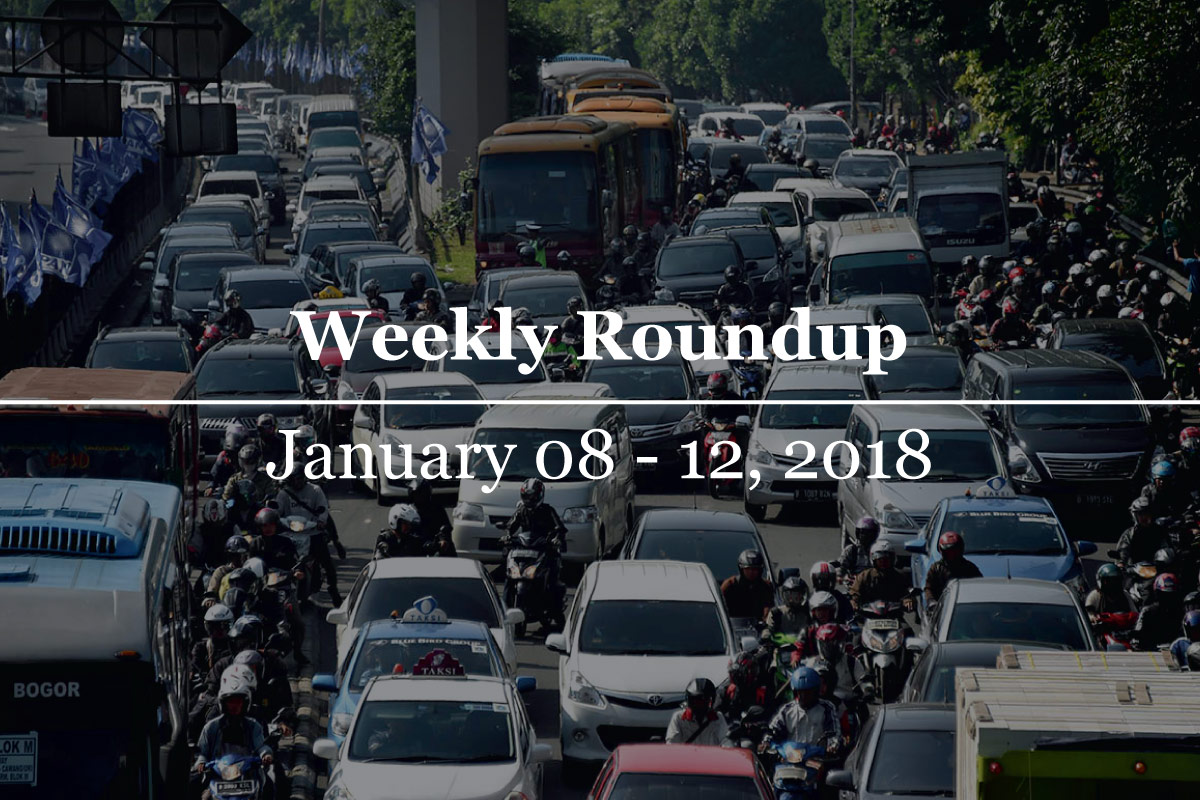ASEAN this week
This week The ASEAN Post covered a wide range of stories ranging from geopolitics to the energy sector. In terms of geopolitical matters, The ASEAN Post tapped into the understated ASEAN-Canada relations in conjunction with 40 years of dialogue relations and trade partnerships as well as highlights from the Regional Outlook Forum (ROF) that was held in Singapore.
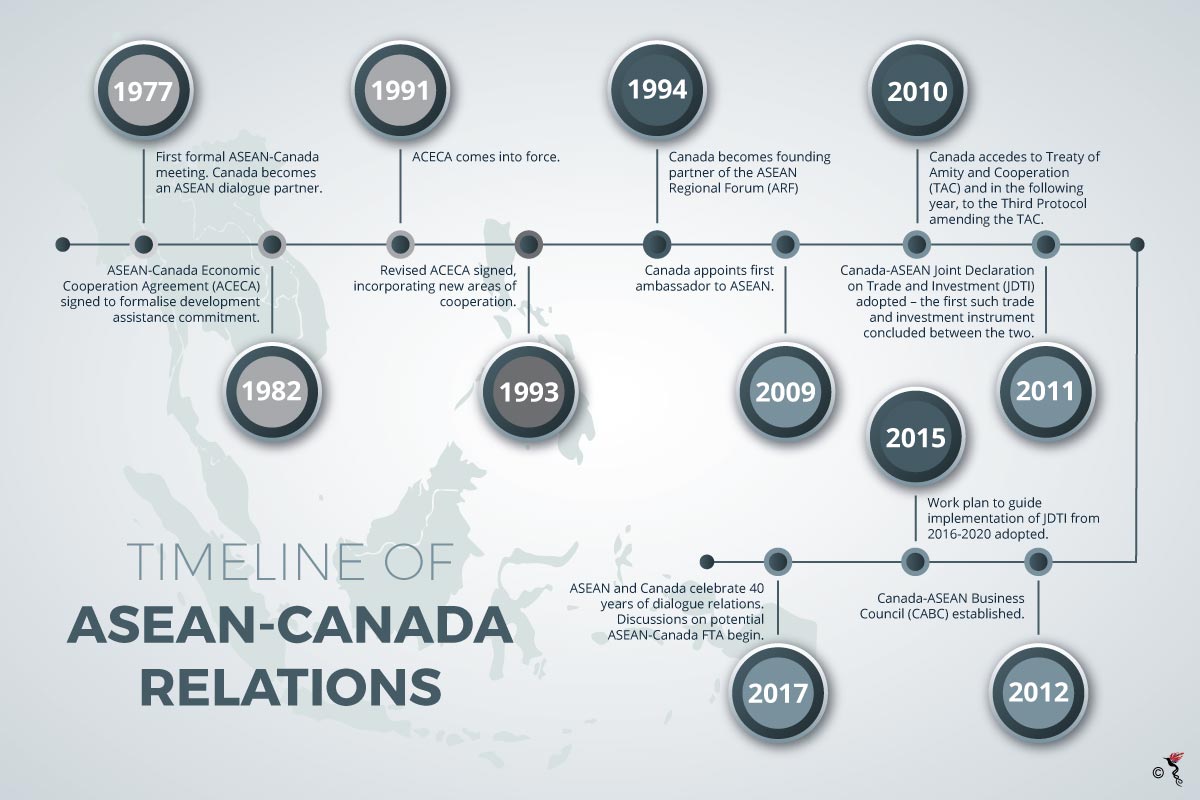
Some key points raised at the ROF include the implications of US-China relations on the region, the question of ASEAN’s economic prosperity, the on-going crisis in Marawi as well as deep dives on the current political situations in Myanmar, Indonesia, Malaysia and Thailand.
On a brighter note, ASEAN as a group has targeted a renewable energy share of 23% in primary energy supply by 2025 due the energy demand in the region that is growing at one of the fastest rates in the world. Here’s to a cleaner ASEAN in 2018!
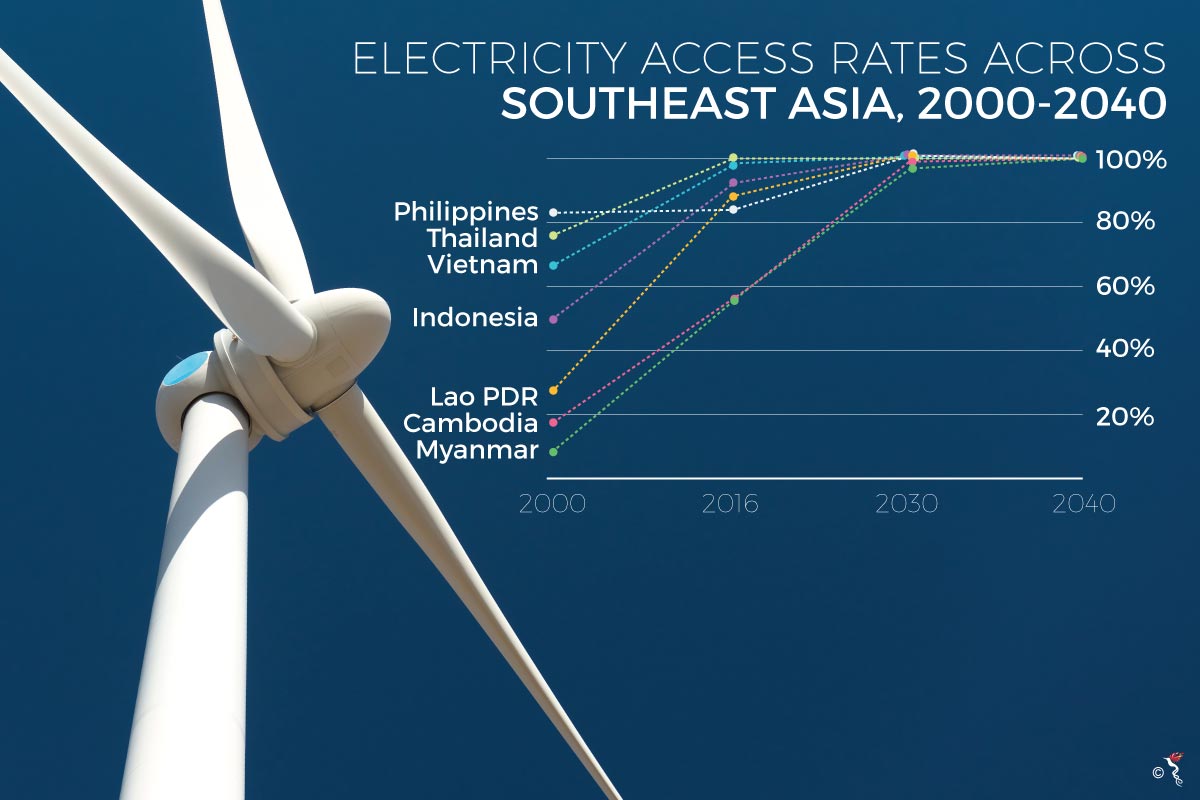
Market developments
The Southeast Asian region continues to surprise the global market with opportunities and prospects. Myanmar’s notoriously low residential property tax rates have proven to be an area ripe for reform especially as Myanmar looks to more revenue sources to fund its currently under developed infrastructure.
However, Myanmar still has a long way to go because its infrastructure is currently severely underdeveloped.
In other updates, The Stock Exchange of Thailand (SET) recently announced its three-year strategic plan to make innovation a key driver to ensure functionality and sustainable growth of the Thai capital market. Thailand currently has a three step strategy in order to achieve this plan.
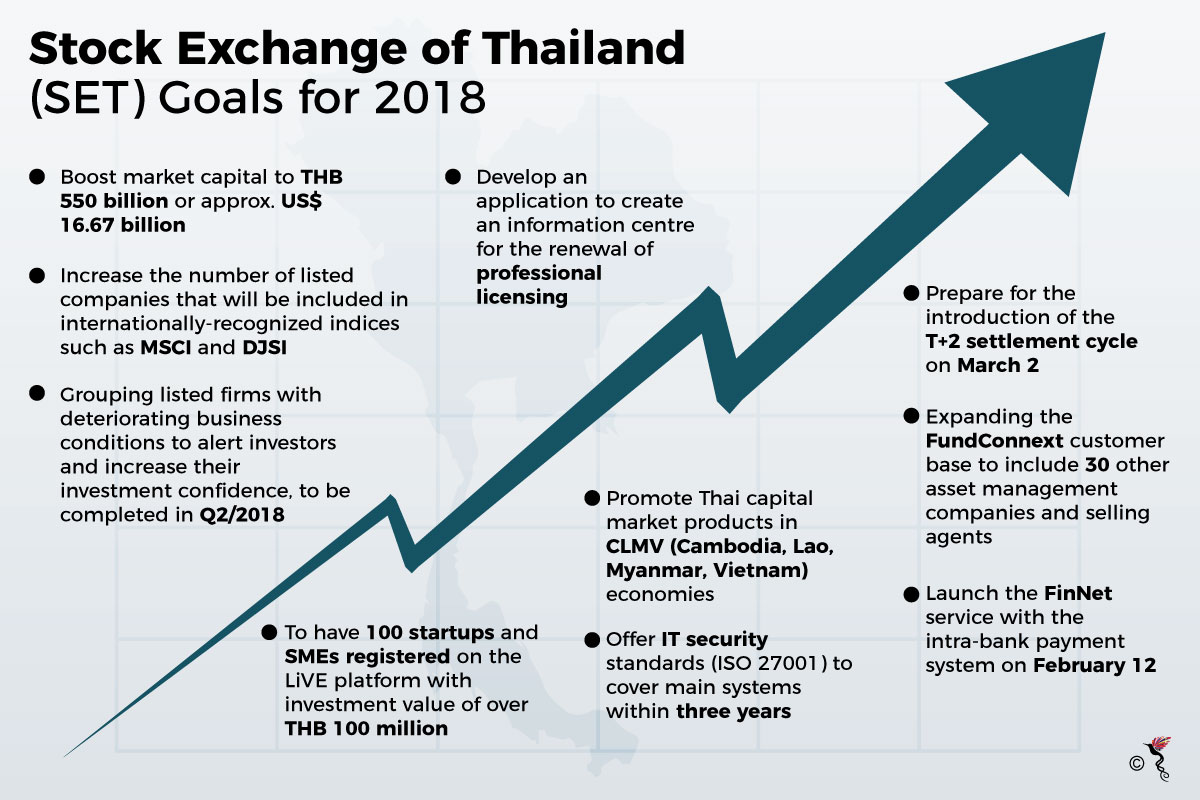
The power of tech
With the ever-growing potential of blockchain being used to revolutionise traditional industries, The ASEAN Post has delivered a guide to understanding the concept behind this revolutionising technology.
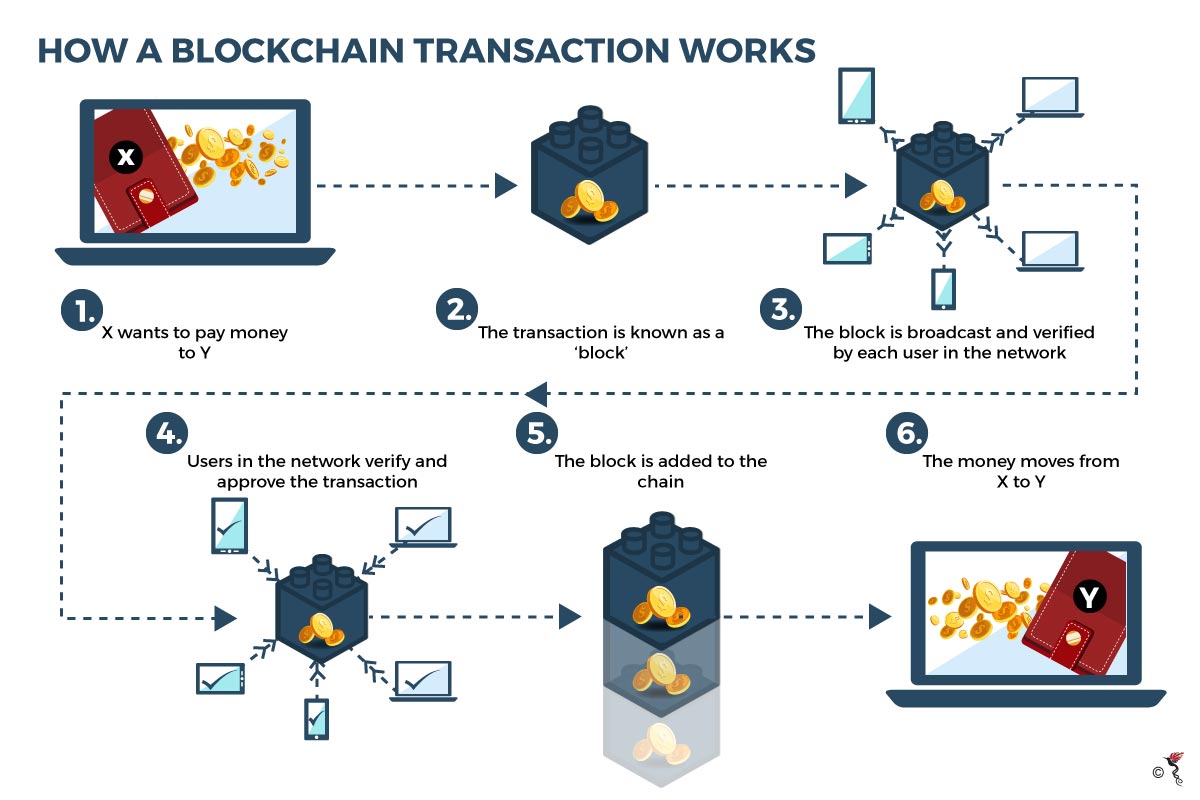
As the region continues to develop at a lightning-speed pace, populations are growing, which leads to one thing – more traffic. Read about the various apps that are helping motorists on busy Southeast Asian roads today.
In the Philippines, digital lending platforms like pera247, Moola Lending and Lendr are some of the apps and platforms that have gained a foothold in the lending business; offering small loans in a market consisting mainly of millennials, small entrepreneurs and SMEs.
In the context of startups, Vietnam’s startup scene has grown 14% in the first quarter of 2017, with 39,580 startups entering the market. Out of these, tech startups have seen the most growth, capitalising on the country’s 50.05 million internet users in 2017, out of which 42.18 million are mobile internet users.
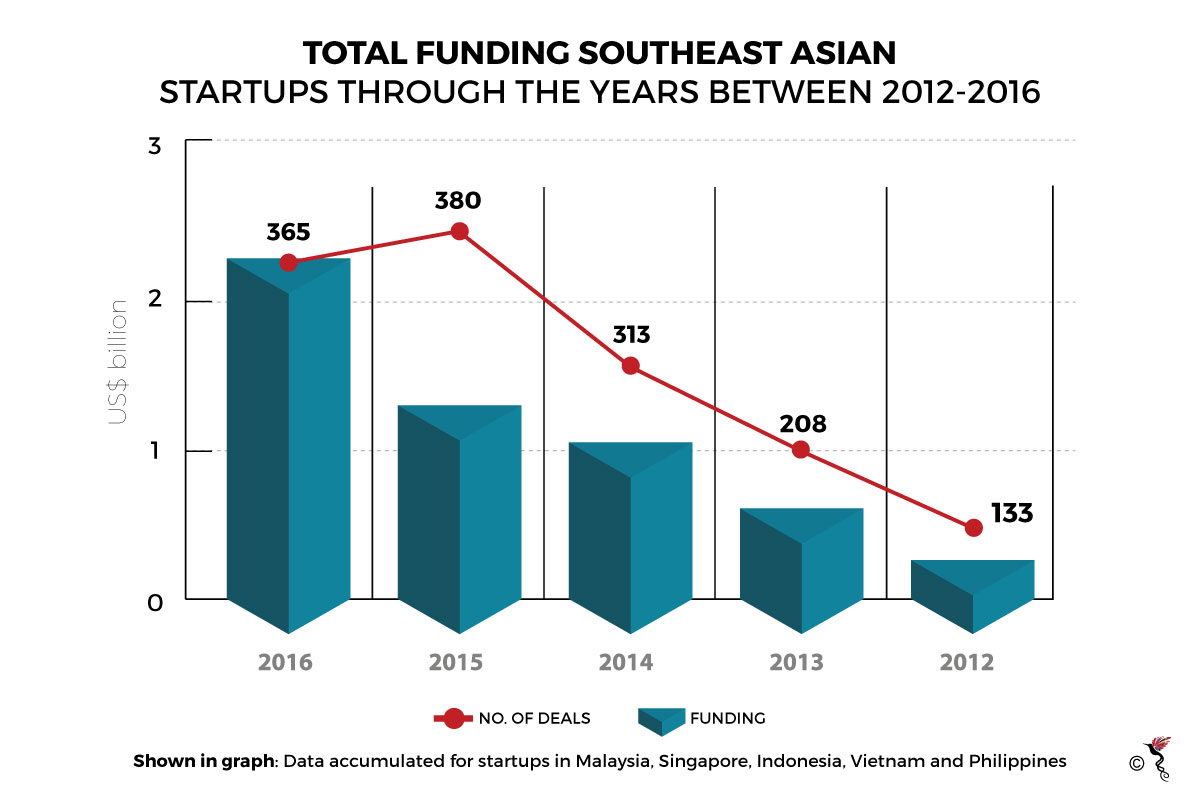
Issues at hand
This week, two Reuters journalists were charged by prosecutors in a Myanmar court for breaching a colonial-era secrecy law that carries a penalty of up to 14 years in jail. The ASEAN Post dug deeper into the issue and questioned the freedom of press in the once junta-ruled nation.
Singapore’s biggest corruption case involving Keppel Offshore & Marine was probed into, giving background and insights into the case that is now listed in the US’ top 10 list of biggest fines paid to resolve a bribery issue after being prosecuted under the US Foreign Corrupt Practices Act (FCPA).
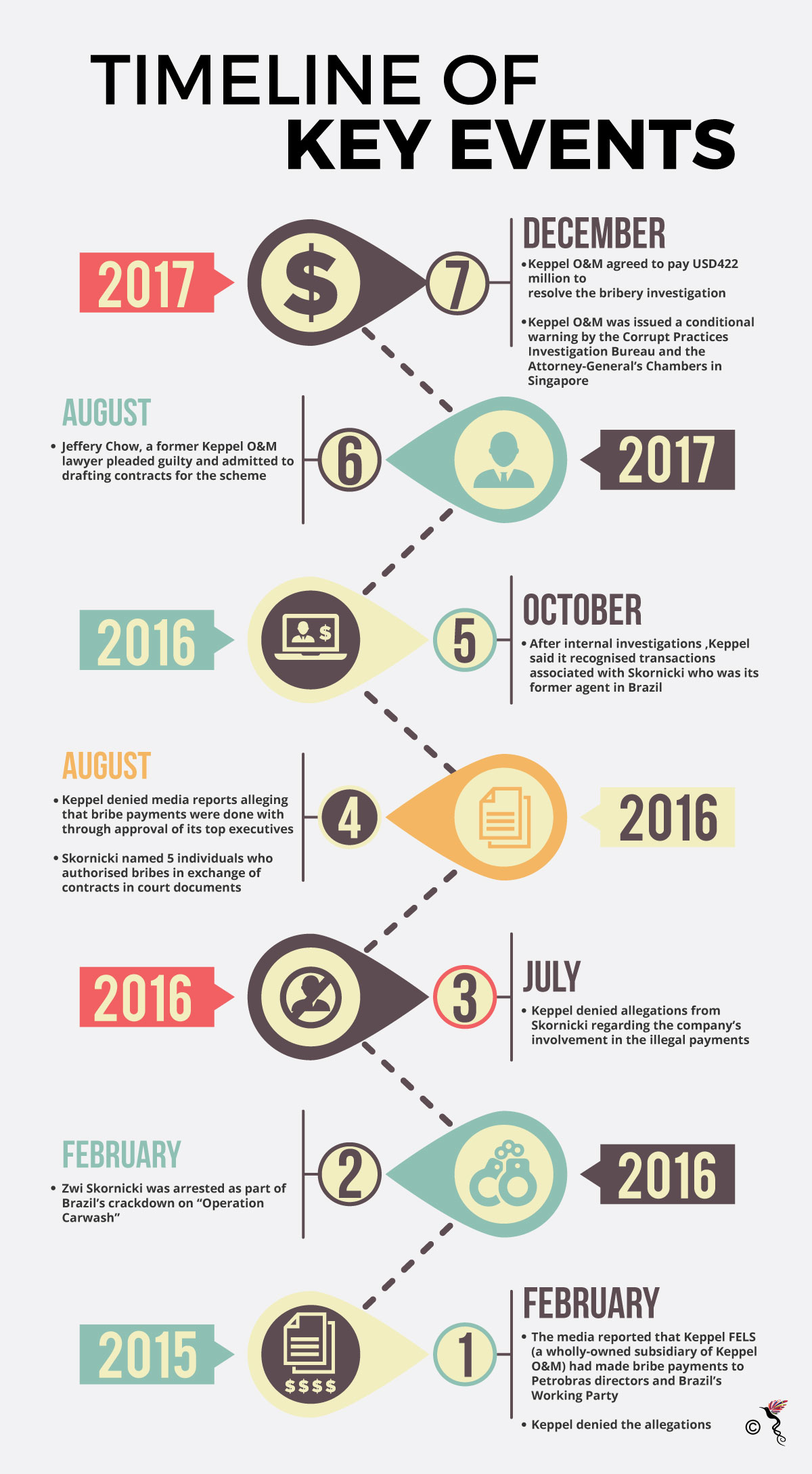
The personalist politics in Cambodia was also touched on this week. The key to a prosperous opposition seems to lie in a balance between personality and ideology. Will Cambodia find that balance before it is too late?
Recommended stories:
